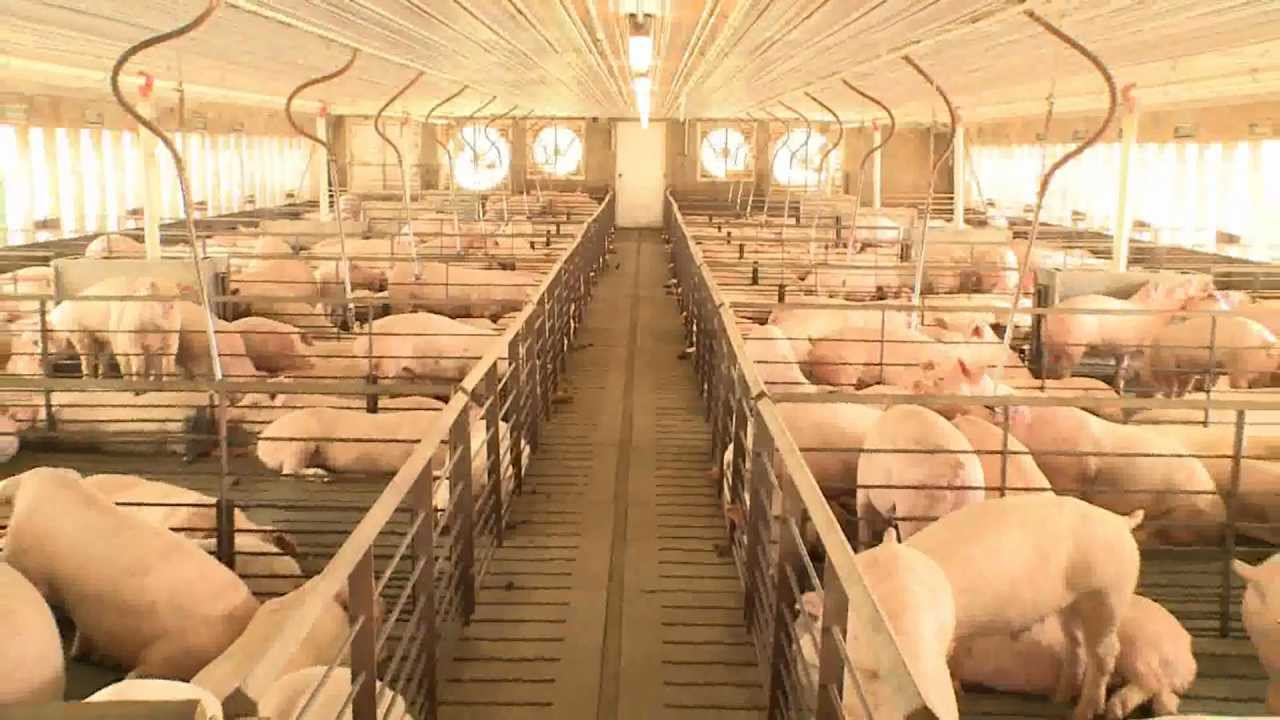Poland’s pig industry faces an uncertain future yet again

Poland’s pig industry made it through a difficult summer. The profitability of many farms declined. There is no certainty that the rest of the year will be much better.
A surge in farmgate prices in 2023 brought some long-anticipated relief to Poland’s pig farmers, but the lesson of this year is that the recovery can be fragile, Jan Dambon, a pig farmer from Roszowice, told local news outlet Top Agrar. In July, the market experienced a drop of nearly 10% in the price of fattened pigs from the comfortable level of PLN 9.6 to PLN 9.8 ($2.43 – $2.58) in the previous month.
“Despite the decline in grain prices, which partially compensate for the losses, the profitability of pig breeding remains questionable,” Damboń admitted.
The picture is similar all over the country. Bernard Dembczak, president of the Silesian Farmers’ Association, described the situation as alarming. He indicated that for many farmers, profitability strongly declined, depriving them of any willingness to breed pigs. “After a good year [2023], the price has fallen by almost a third [in 2024], which is a huge challenge for us,” Dembczak stated.
Krystian Kostka, another pig farmer from Grodzisk, pointed out that Poland’s farmgate pig prices depend heavily on neighbouring Germany. “It is not that bad, but let’s not kid ourselves. The cost of amino acids and soybean meal has not fallen, which affects our profitability”.
In the face of rising production costs, farmers are forced to rethink their strategies. Arkadiusz Kożuszko, president of OHZ Głogowek, claimed. “High production costs mean we can barely close the balance sheet to be profitable. The lack of modern farms and infrastructure puts an additional pressure.”.
Farmers pin their hope on the seasonal rise in prices in September and October but do not anticipate a radical market landscape change. “Let’s hope that with the arrival of September and October, production will become profitable again,” Dambon said, suggesting that for many farms, it would open a window of opportunity to rebuild their herds.
The general outlook remains somewhat pessimistic. After the third year of turbulence, which saw a series of challenges including disease outbreaks, market fluctuations, and rising production costs, many farmers are exhausted from the constant struggle against high production costs and unstable market conditions, Top Agrar noted.
Read also
Abbey Commodities – General Partner of BLACK SEA GRAIN.KYIV-2026
Export Logistics Reset 2026: Rail Tariffs, Capacity Pressure and New Trade Reality
ABIOVE has spoken out against the EU’s proposal to phase out soy-based biofu...
Jordan purchased 50 thsd tons of barley in tender
Brazil, Argentina ship 7 mil mt of soybeans to China for Feb-April
Write to us
Our manager will contact you soon



